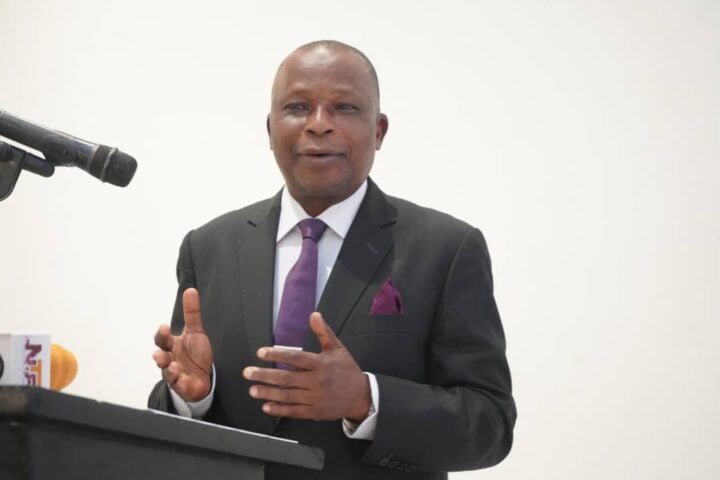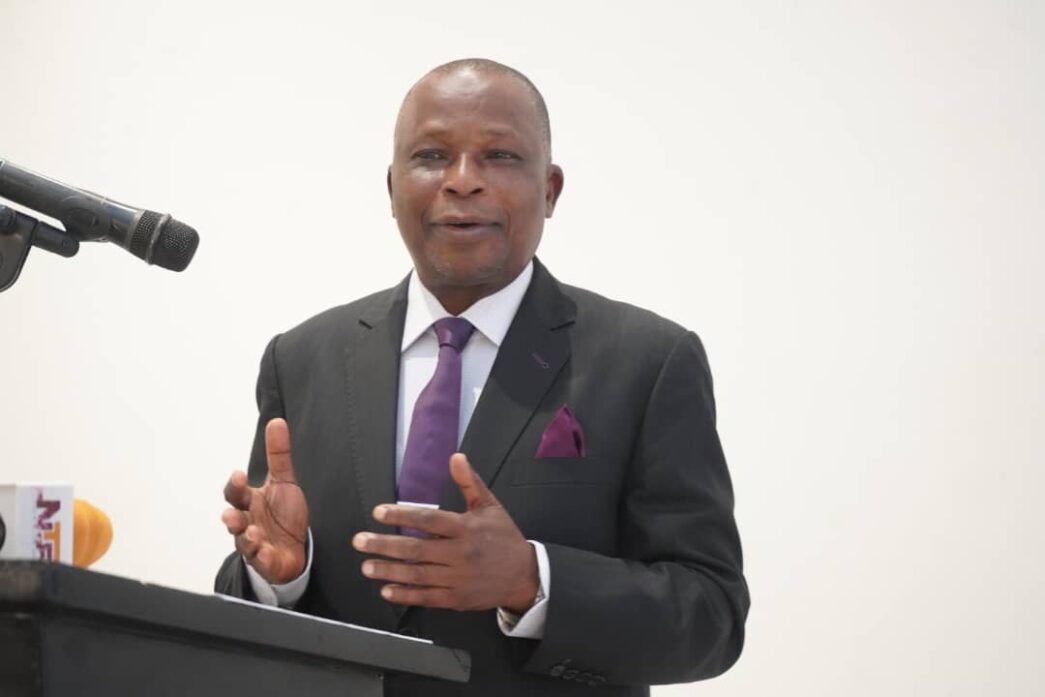Lateef Fagbemi
Lateef Fagbemi, attorney-general of federation (AGF), says states cannot rewrite the judgment of the supreme court on local government autonomy.
Speaking with journalists in Ado Ekiti on Tuesday, Fagbemi said the verdict of the apex court will be enforced.
BACKGROUND
In July, the supreme court ruled that the federal government should henceforth pay allocations directly to LG councils.
Advertisement
The seven-member panel of justices held that state governments have continued to abuse their powers by retaining and using funds meant for LGAs.
The apex court also ordered the federal government to withhold allocations of LGAs governed by unelected officials.
In compliance with the judgment, state governments began conducting local government elections in their respective states.
Advertisement
There were reports that the federal government reached a three-month moratorium with state governments before the enforcement of the judgment.
Recently, Chukwuma Soludo, governor of Anambra, signed a legislation that mandated LGAs in the state to remit a portion of their federal allocations into a consolidated account controlled by the state government.
‘WE’LL ACT ACCORDINGLY’
Reacting to the controversial Anambra legislation, the AGF said the federal government will act accordingly when it gets the full details of the law.
Advertisement
“Are they going to rewrite the judgment of the supreme court? Once we have the full details of their law, we will act accordingly,” the AGF was quoted as saying by Punch.
Fagbemi also dismissed reports that the federal government reached a three-month moratorium deal with states on the implementation of the supreme court judgment.
The AGF said there was no such moratorium and that the federal government does not want to rush implementation of the judgment due to legal issues.
“There is no such moratorium. The judgment was passed,” he said.
Advertisement
“But we acknowledged the need to establish certain frameworks before full implementation. Nonetheless, implementation is compulsory, and no one can avoid it.
“Some states have scheduled elections beyond October, and we are assessing whether those timelines are valid.
Advertisement
“We do not want to rush into implementation that could lead to legal complications or nullification by the courts.
“I am aware that one or two states are heading in that direction, but they must understand that there is no moratorium for anyone. The judgment will be enforced.”
Advertisement
Add a comment










